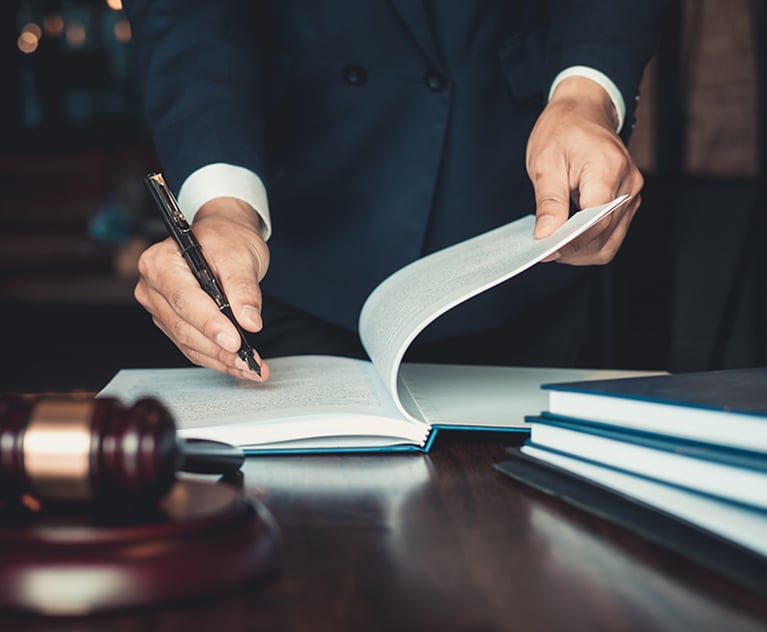 Trial work is not for the faint of heart. Attorneys, well aware their clients are relying on them to help overcome life-altering events, must do everything within the bounds of ethics and the law to win their case—while also anticipating and properly handling any challenges created by their own clients’ actions. This article explores issues which may arise during client intake and witness preparation, as well as the duty to correct potentially false testimony.
Trial work is not for the faint of heart. Attorneys, well aware their clients are relying on them to help overcome life-altering events, must do everything within the bounds of ethics and the law to win their case—while also anticipating and properly handling any challenges created by their own clients’ actions. This article explores issues which may arise during client intake and witness preparation, as well as the duty to correct potentially false testimony.
Client Intake and Witness Preparation
The process of intaking a new case can be fraught with ethical danger. For example, if a prospective client informs an attorney that she fell down the stairs in a high-end apartment building but, when questioned, reveals she is unsure about the exact step on which she fell or the exact cause of her fall, can or should the attorney explore the possibility that further facts will support the client’s case? If the client suffered a disc herniation versus quadriplegia, should that be factored into the attorney’s decision of whether or not to accept the case? In other words, for a contingency-fee attorney, to what extent should the severity of a client’s injury impact the decision to further investigate—or whether the case is worth the risk of representing that client?
Attorney: How did the incident on the steps happen?
Client: I’m not sure. I just know that I slipped on something and fell backwards on my butt down a flight of steps.
Attorney: On which step did you fall?
Client: I have no idea.
Attorney: What caused you to fall?
Client: I’m not sure. It was all so fast; I was in tremendous pain and shock.
Attorney: I am not asking you to invent facts; I only want the truth. But I want you to try your hardest to remember all the facts.






